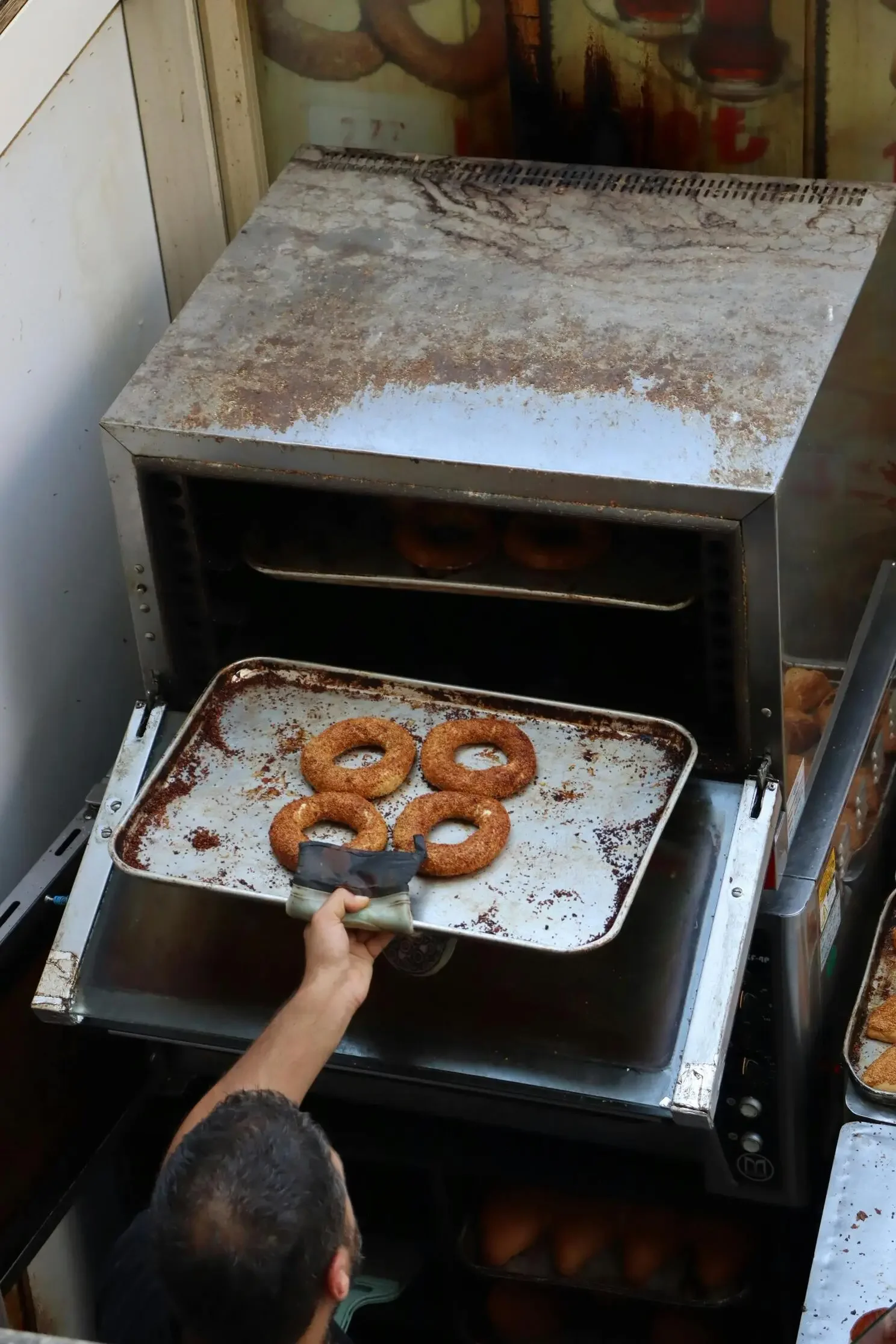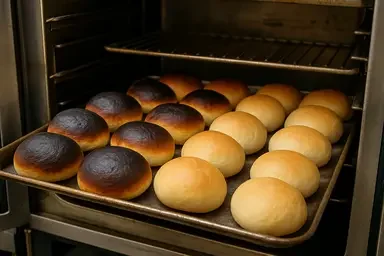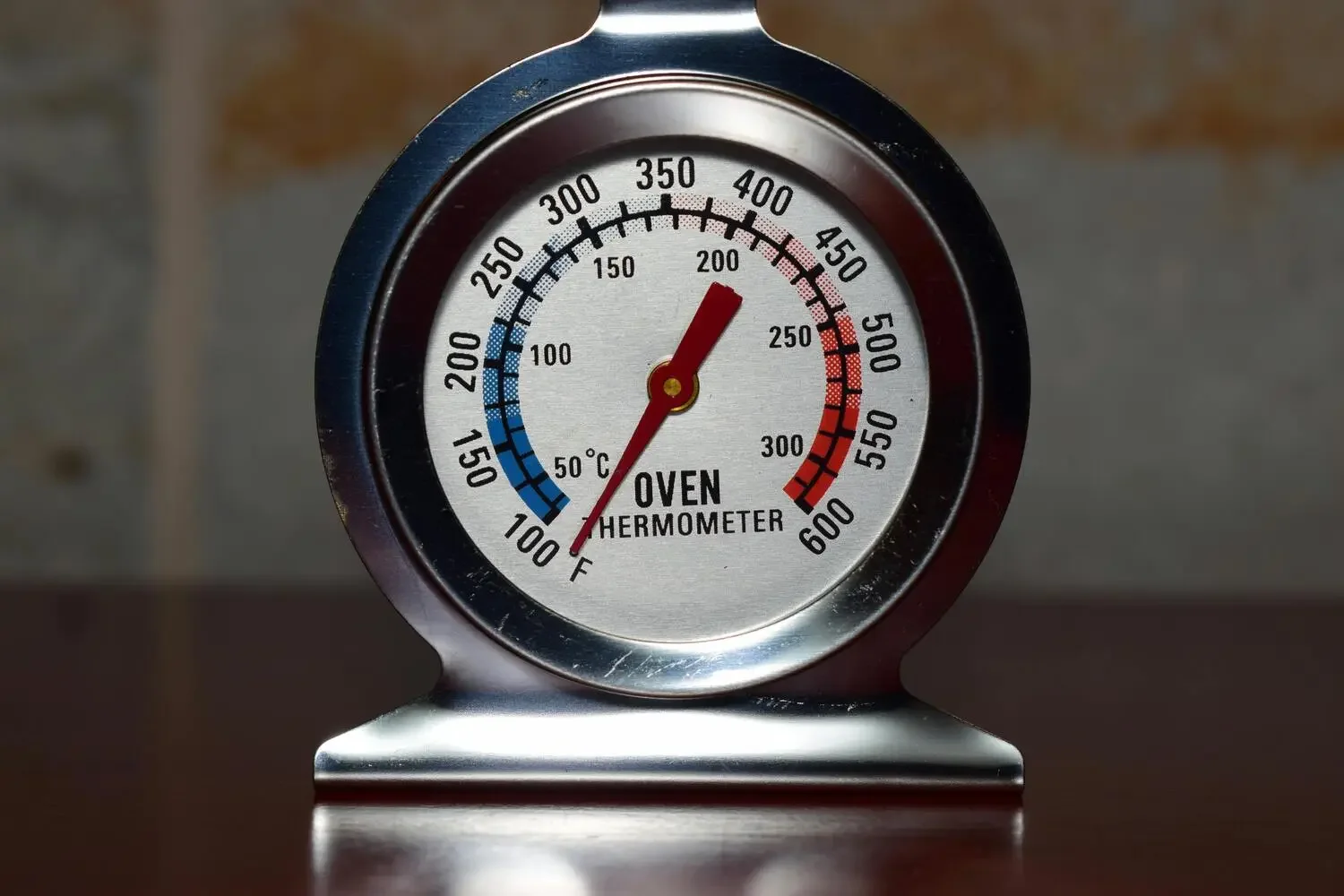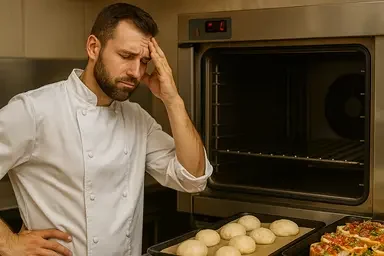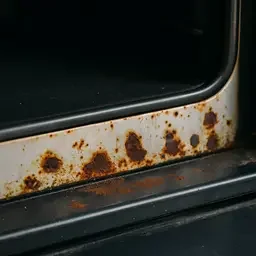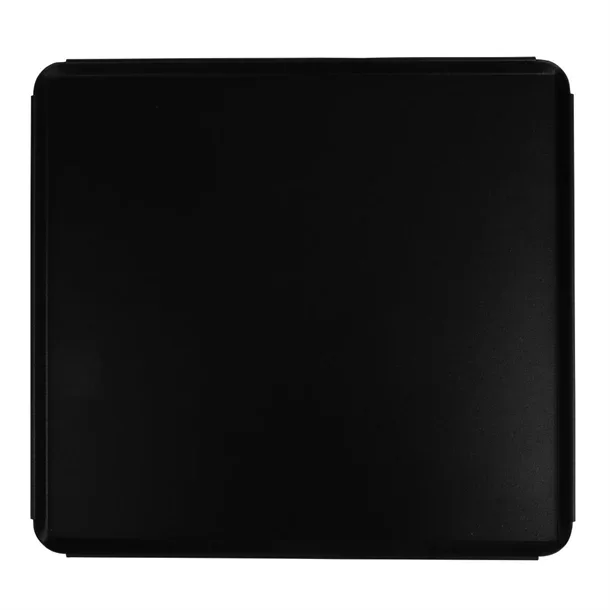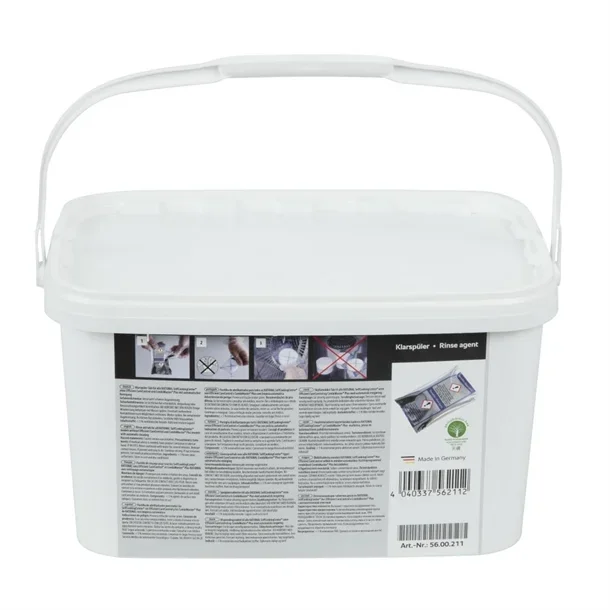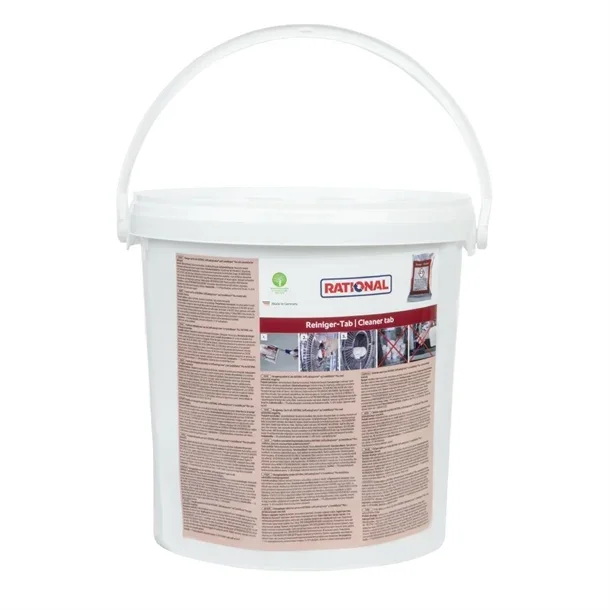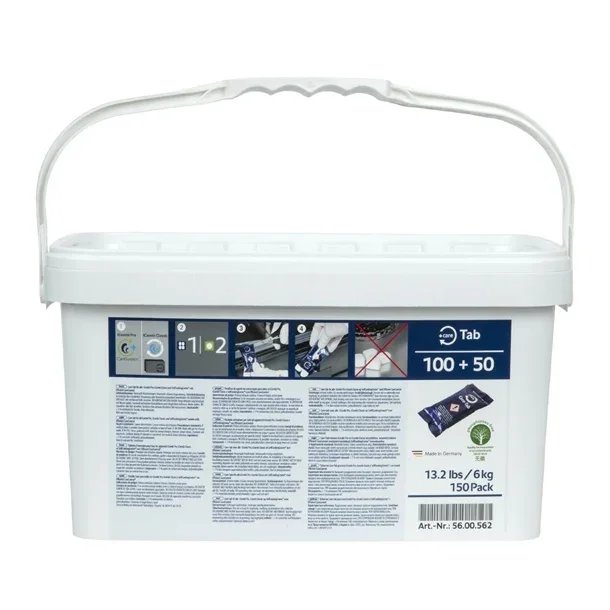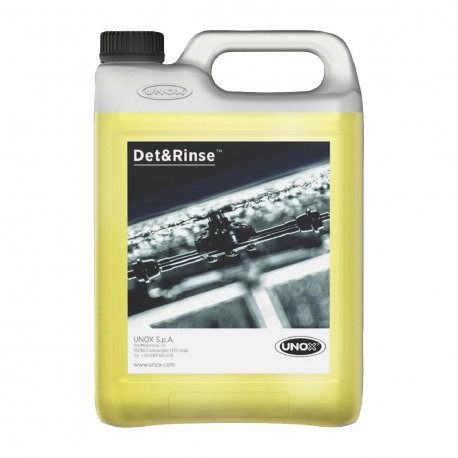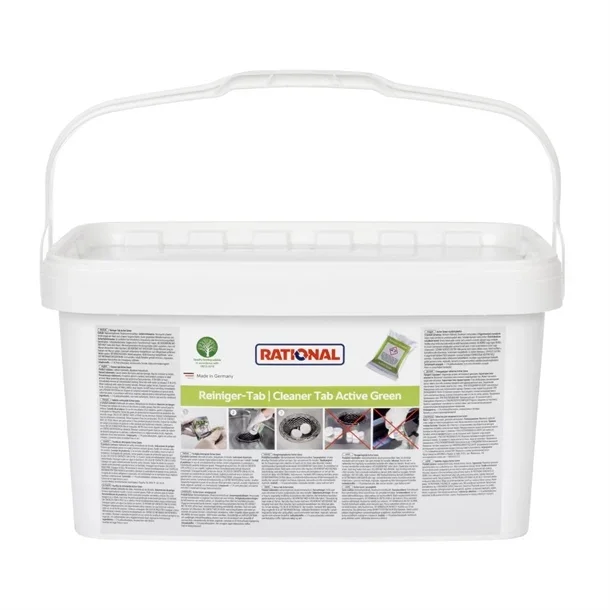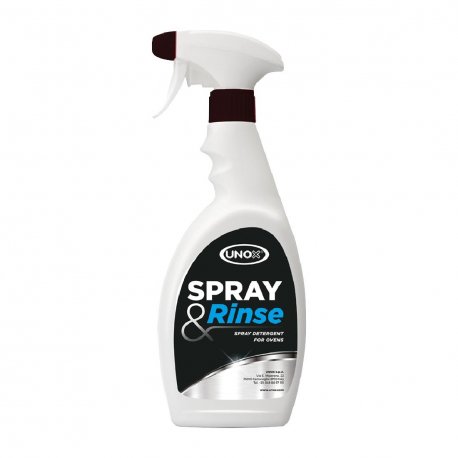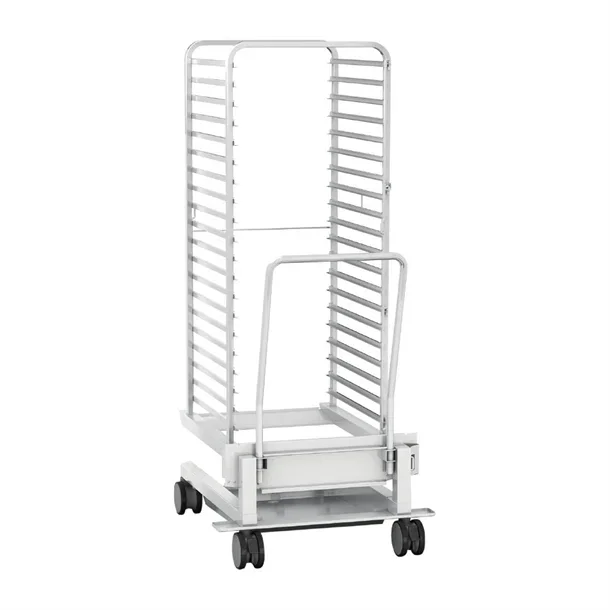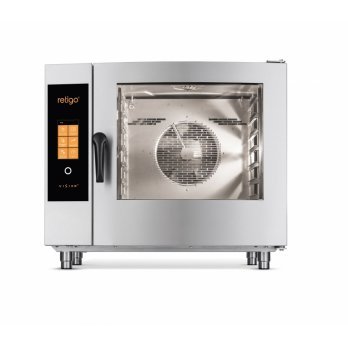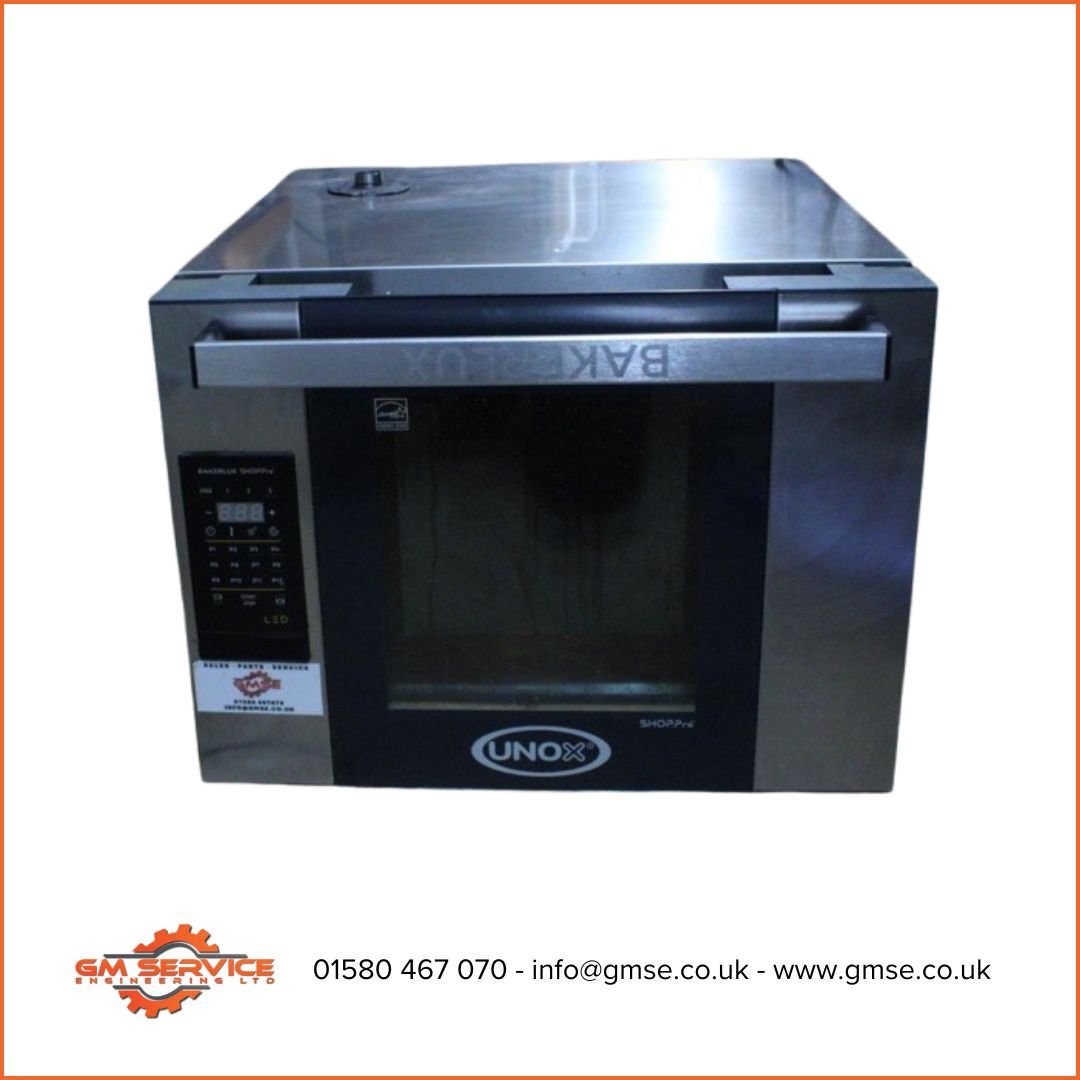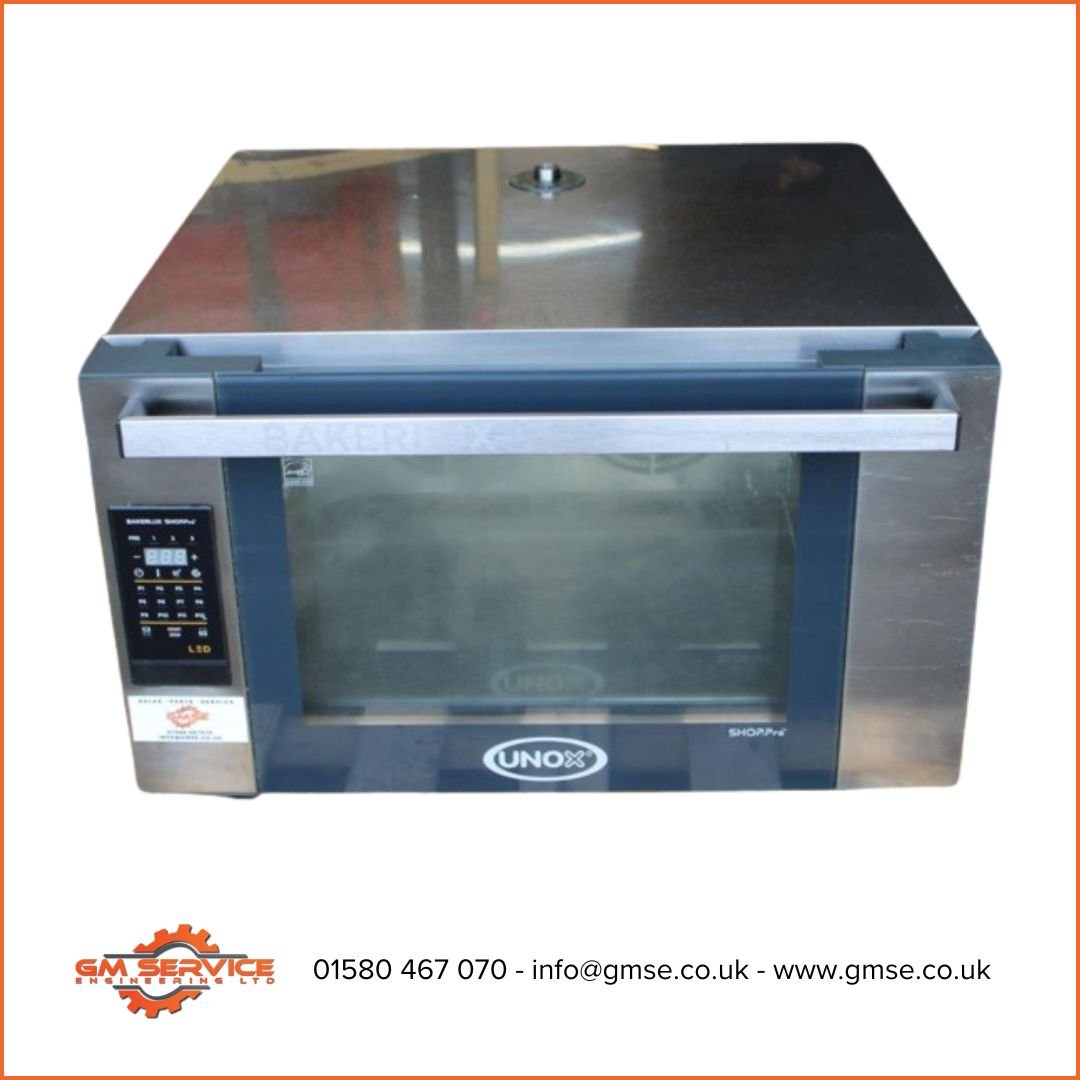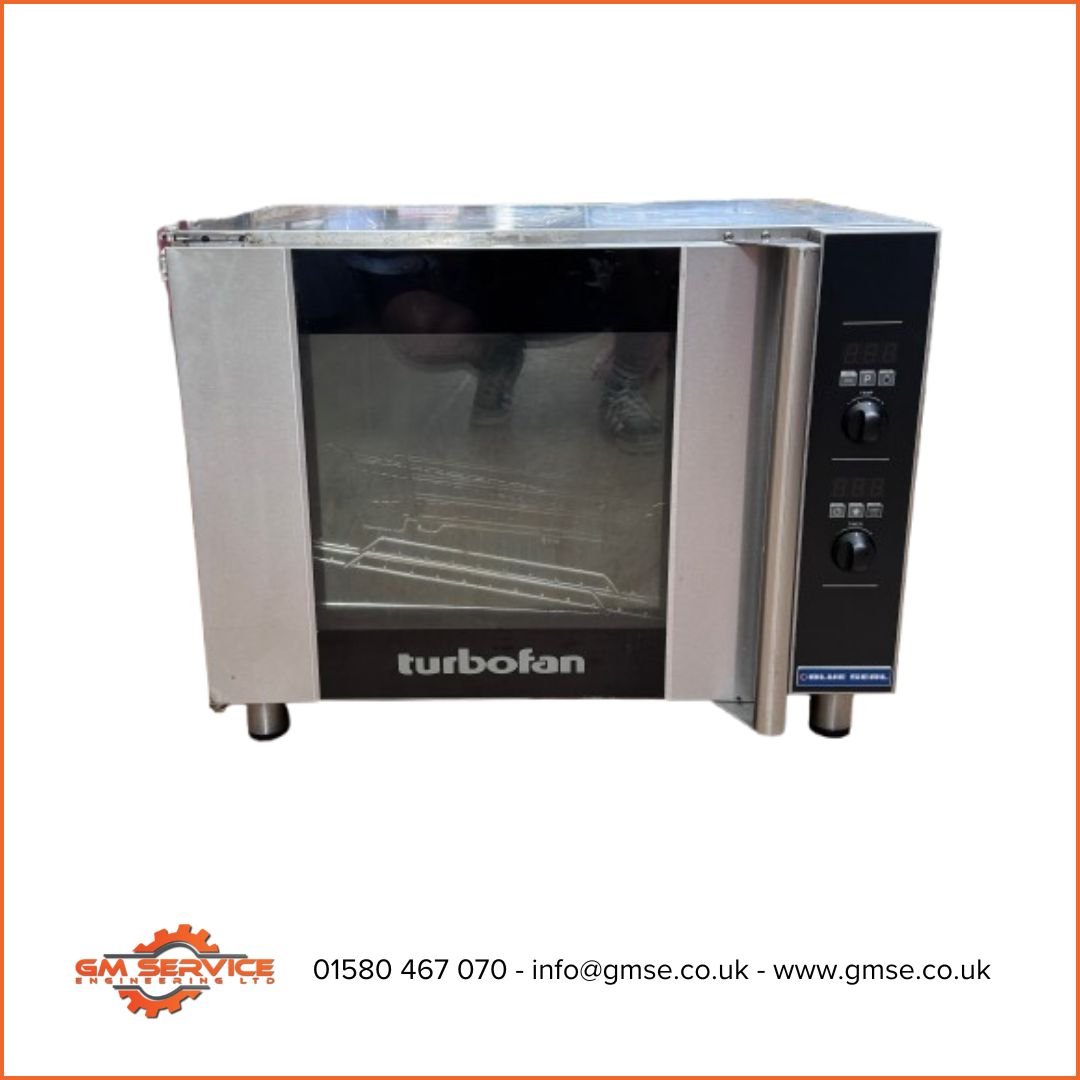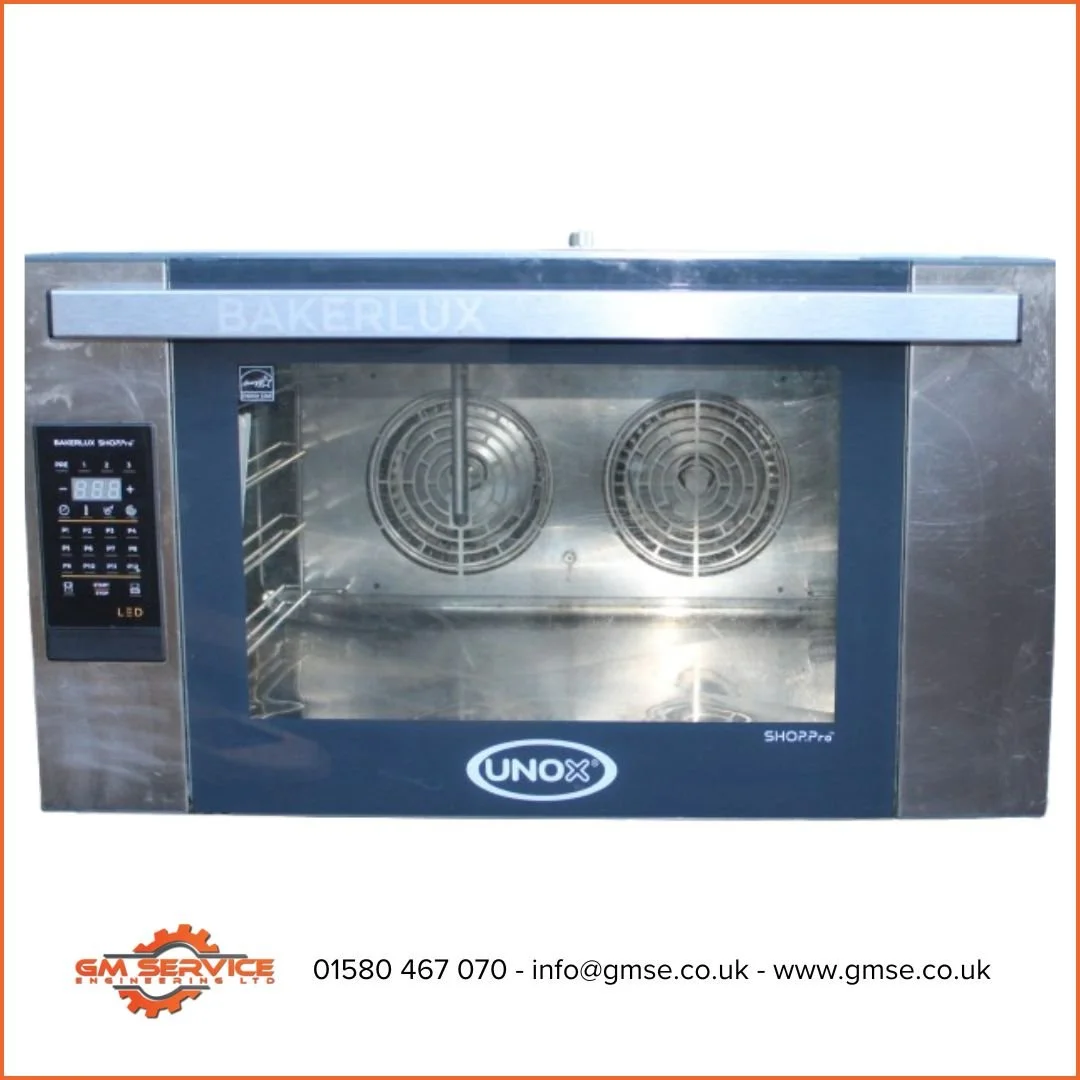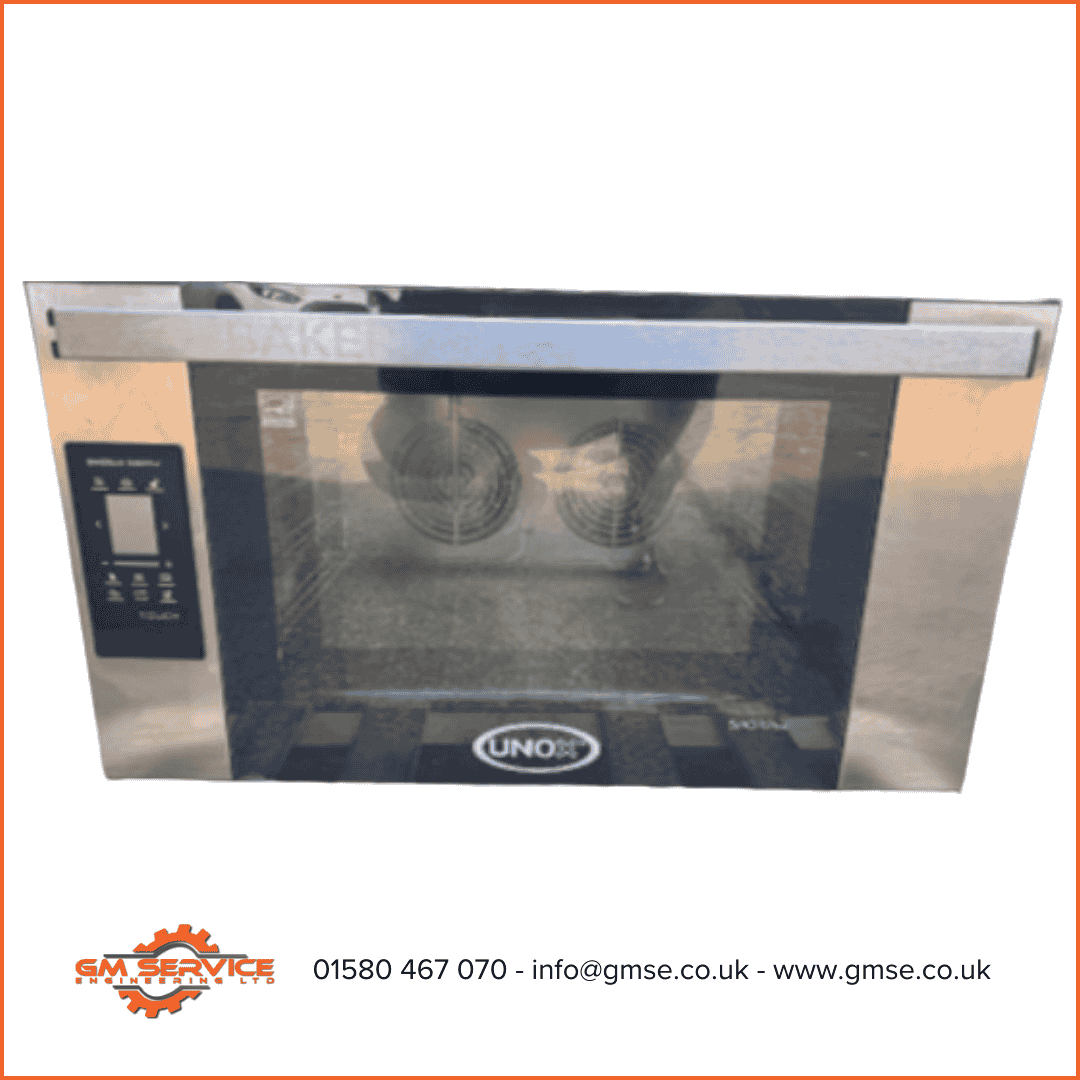7 Signs Your Commercial Oven Needs a Repair or Servicing
Don’t let a failing oven disrupt your kitchen. Commercial oven repair can be costly. Here’s what to watch for and what to do next.
Introduction
When you run a busy kitchen, whether it's in a restaurant, bakery, or pizza shop, your commercial oven is one of your most vital assets. But just like any piece of hard-working machinery, it won’t last forever without proper care.
Ignoring small issues can lead to costly breakdowns, safety hazards, or ruined service. The good news? Your oven usually gives you early warning signs.
In this guide, we’ll walk you through seven key signs that your commercial oven might be due for repair or servicing. Spotting them early can save time, money, and stress.
Table of Contents
1. Uneven Cooking or Baking
If your dishes are coming out undercooked in one spot and burnt in another, your oven isn’t doing its job properly.
This is a classic sign of internal calibration issues or failing components like fans, thermostats, or heating elements. For pizza ovens or bakery ovens, uneven heat can be disastrous to consistency and quality.
Left unresolved, this often leads to food waste and unhappy customers.
🛠️ What to do: Book a professional commercial oven service to inspect air flow, recalibrate temperature zones, and replace any damaged parts.
2. Unusual Noises During Operation
Commercial ovens aren’t silent, but they shouldn’t sound like a construction site either.
Grinding, rattling, or high-pitched whining often suggests something’s loose, worn out, or broken inside. Common causes include failing fans, misaligned belts, or even internal debris rattling around.
Ignoring these sounds can lead to full-blown breakdowns.
🛠️ What to do: Schedule oven maintenance before the issue worsens. An engineer can safely investigate the source of the noise.
3. Temperature Inaccuracy or Fluctuations
Your oven might say it’s 200°C, but is it really?
If you find your oven taking longer to reach temp, overshooting the set point, or fluctuating mid-cook, it may have a faulty thermostat or sensor. This is especially problematic in commercial settings where consistency is crucial.
This is also a common issue with older bakery ovens and some commercial pizza ovens.
🛠️ What to do: Use an external thermometer to confirm, and consider calling a professional to calibrate your oven accurately.
4. Burner or Element Issues
Cold spots. No flames. Inconsistent heating. It could be your burners or elements.
Gas burners may have blockages or faulty ignition systems, while electric elements may be cracked, burnt out, or corroded. This leads to longer cook times and rising energy costs.
🛠️ What to do: This is often a repair job. A technician can inspect, clean, or replace faulty burners or heating elements.
5. Delayed Ignition or Failure to Start
If your oven struggles to ignite - or won’t start at all - it’s a red flag.
This could point to issues with gas flow, the ignition switch, electronic controls, or the power source. Safety is a concern here too: repeated ignition failures could mean gas is leaking without being lit.
🛠️ What to do: Stop using the oven immediately. Contact a qualified engineer who specialises in commercial oven repair.
6. Visible Damage or Rust
You wouldn’t serve food on rusted trays; so why accept rust on your equipment?
Exterior rust can be a sign of poor ventilation or cleaning routines, while internal rust can affect the oven’s performance and hygiene compliance. Dents, cracked seals, or damaged hinges can also compromise efficiency.
🛠️ What to do: Depending on severity, you may need part replacements or a full refurbishment. Book a commercial oven service appointment to assess the damage.
7. Unpleasant Smells or Smoke
The smell of baked bread? Great. The smell of burning insulation? Not so much.
Unusual odours or smoke from your commercial oven can be caused by grease buildup, electrical faults, gas leaks, or component failure. It’s not just unpleasant - it can be dangerous.
🛠️ What to do: Stop use immediately. This often requires a deep inspection, cleaning, and potentially a commercial oven repair.
Ready to Replace Your Oven?
Sometimes, repair or servicing just isn’t enough, especially if your oven is nearing the end of its working life.
GMSE Ltd supplies a wide range of new and refurbished commercial ovens, including bakery ovens, pizza ovens, and more.
Whether you’re upgrading, expanding, or replacing, we’ve got something that fits your kitchen.
Conclusion
Catching problems early can mean the difference between a simple oven service and a major business disruption. From odd noises to uneven cooking, the warning signs are there if you know where to look.
At GMSE Ltd, we offer professional commercial oven repair and servicing across the UK. Our engineers are trained to handle a wide variety of ovens, from bakery and pizza ovens to high-output catering units.
Need help fast?
Commercial Oven Repair & Servicing FAQs
-
Typically 10–15 years with proper maintenance, though heavy usage or poor servicing can shorten this considerably.
-
It could be a power issue, faulty ignition, thermostat failure, or broken components. A professional diagnosis is recommended.
-
Yes—especially for high-end or specialist ovens. Repairing can often extend its life at a fraction of replacement cost.
-
Start by checking power supply, fuel flow, and visible damage. However, internal faults usually require a trained engineer.
-
Use a standalone oven thermometer to test the internal temp. Adjust via the control panel or call a technician for accurate calibration.
-
GMSE Ltd offers full commercial oven servicing, including temperature calibration.

